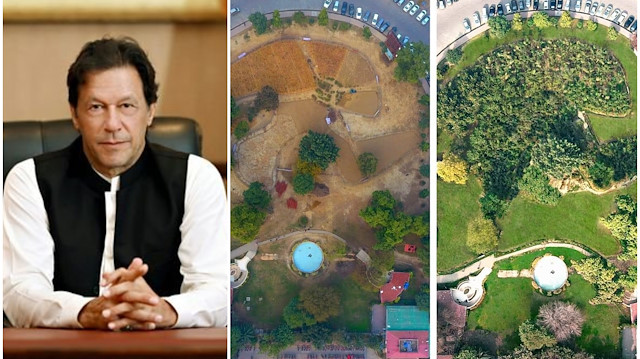
The South Asian country is implementing a new plantation technique that stimulates trees to grow ten times faster and thirty times denser
The world has been scrambling to find new strategies in a bid to fend off the novel coronavirus, however, another calamity, which might bring more destructive consequences than the virus itself, seems to be lurking just around the corner.
For many years now, thousands of scientists and environmentalists have been giving humanity stark warnings about the risks of climate change, urging authorities and the global community to take concrete steps to protect our world.
Following intensifying warnings, some countries have launched new green schemes and climate adaptation plans.
Pakistan, which suffers from smog pollution and is the fifth most vulnerable country to climate change, has decided to rev up efforts and launched a new campaign using a technique developed by a Japanese scientist as part of efforts to restore biodiversity and battle a possible ecological disaster.
"I have launched urban forestry on the lines of the Miyawaki technique in Japan where the trees grow 10 times faster and 30 times denser and is the best way to fight pollution. Fifty sites have been chosen in Lahore," Pakistani Prime Minister Imran Khan announced in a tweet on Saturday, sharing a before and after photo of the plantation work.
He underlined that the first experiment of the Miyawaki technique was conducted last year in Lahore, one of the most densely populated cities of Pakistan.
The technique, also known as the potted seedling method, was developed by Japanese botanist Akira Miyawaki and it entails planting dozens of native species in the same area which becomes maintenance-free after three years.
The South Asian country has launched a slew of projects to tackle climate crises, including the "Billion Tree Honey Initiative" to curb the growing smog pollution.
Hello, the comments you share on our site are a valuable resource for other users. Please respect other users and different opinions. Do not use rude, offensive, derogatory, or discriminatory language.
The floor is all yours.








